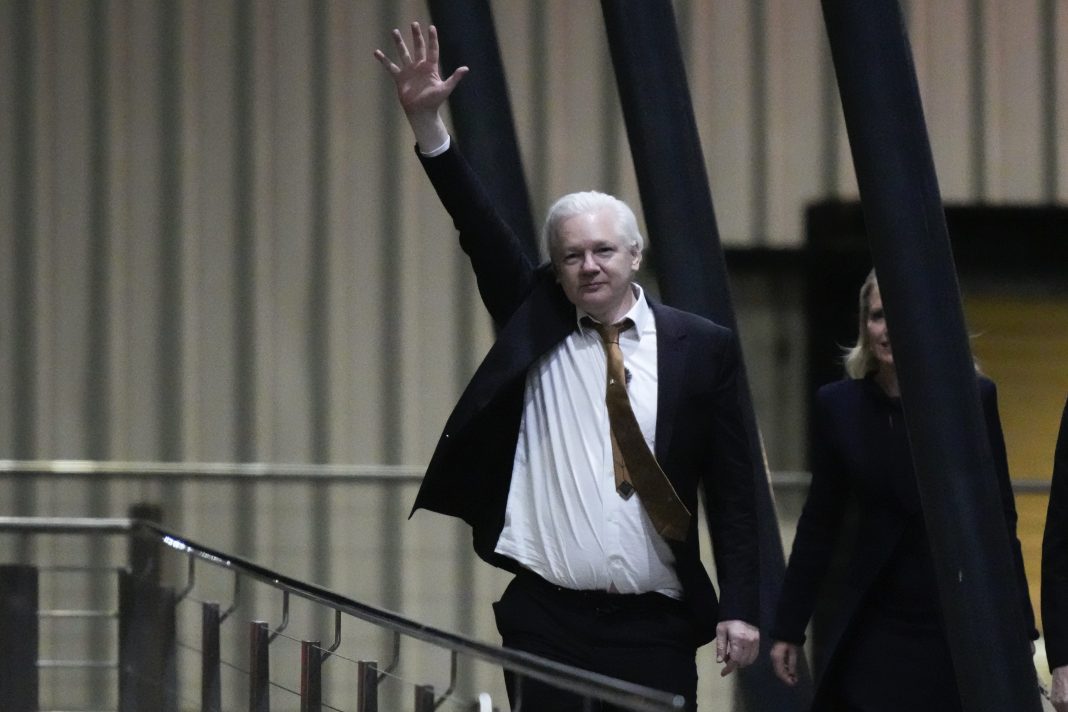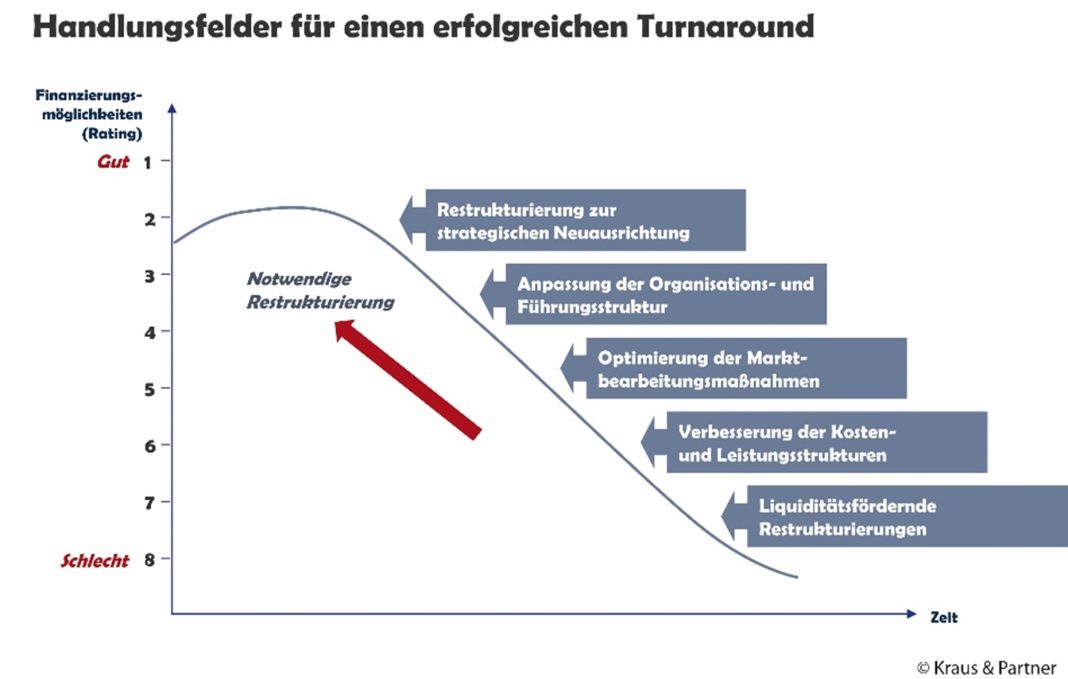Title: The Perils of Prosecuting Journalism: Insights from the Assange Case
Introduction:
The recent plea deal reached by Julian Assange, the founder of WikiLeaks, with the U.S. government brings to mind the author’s own protracted legal battle against the George W. Bush and Obama administrations. This article delves into the personal experiences of the author and draws parallels to Assange’s case, shedding light on the broader crackdown on reporters and whistleblowers in the post-9/11 era. By examining the tactics employed by the Justice Department and the implications for press freedom, this narrative aims to provide a deeper understanding of the challenges faced by journalists like Assange.
The Battle for Confidential Sources:
The author recounts their seven-year legal fight against the U.S. government, which began when they refused to reveal their confidential sources for a story published in their book, “State of War.” The government’s attempt to force them to testify and disclose their sources led to a Supreme Court battle. The author’s victory highlights the government’s strategy of wearing down individuals through prolonged legal battles, aiming to force them into making deals rather than going to trial.
The Toll on Journalists:
The author reflects on the toll their legal battle took on them, both mentally and physically. They emphasize that the government’s relentless pursuit of journalists and whistleblowers has left them suspicious of power and less willing to accept authority. This insight underscores the lasting impact such cases can have on individuals who dare to challenge the status quo.
Assange’s Polarizing Figure:
Assange’s case differs from the author’s in several ways. The article acknowledges that Assange had enemies on both sides of the American political divide. Republicans resented him for publishing classified documents in 2010, while Democrats turned against him for his involvement in the 2016 election, acting as a conduit for Russian intelligence. Additionally, Assange faced sexual assault charges in Sweden, further contributing to his unpopularity.
The Lack of Support for Assange:
The article highlights the lack of support for Assange when he was charged under the Espionage Act in 2019. Even Democrats, who had previously criticized his involvement in the 2016 election, did not come to his defense. The author notes that the Biden administration continued the prosecution without expanding the charges to cover Assange’s role in the election. This lack of support underscores the challenges faced by whistleblowers and journalists who find themselves on the wrong side of the government’s agenda.
The Plea Deal and Its Implications:
Assange’s recent guilty plea under the Espionage Act, which led to his release from prison in Britain, is seen by some as a victory. However, the Justice Department’s ability to claim victory through obtaining a guilty plea raises concerns about potential repercussions for other reporters. The article warns that Assange’s unpopularity should not overshadow the fact that he is a victim of an abusive prosecution, setting a dangerous precedent that could undermine press freedom in the United States.
The Ambiguous Role of Assange:
Assange’s role in journalism remains unresolved and difficult to define. WikiLeaks acted as a conduit for leaked documents, collaborating with major news organizations. The Justice Department’s attempt to define Assange’s role as illegitimate raises questions about who gets to decide what constitutes journalism. This aspect of the case is deemed by the author as one of the most misunderstood and dangerous precedents set by the prosecution.
Conclusion:
The author’s personal experiences and insights shed light on the challenges faced by journalists like Julian Assange. The article emphasizes the need to protect press freedom and highlights the potential consequences of prosecuting journalism. By examining the tactics employed by the government and the implications for whistleblowers and reporters, this narrative aims to foster a deeper understanding of the complexities surrounding cases like Assange’s.


